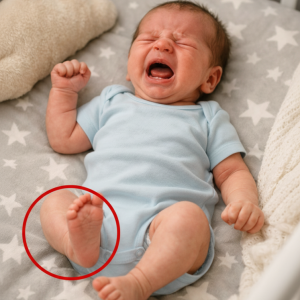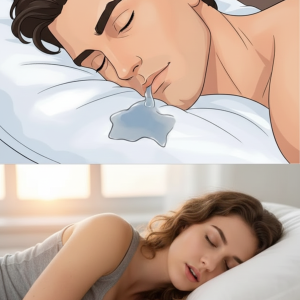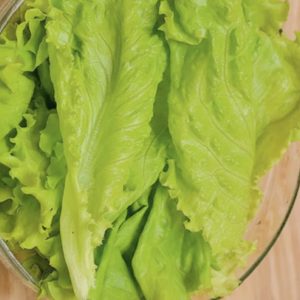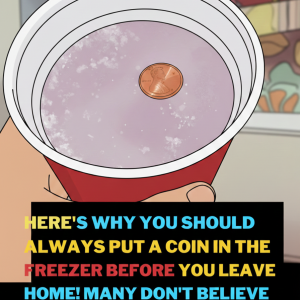Drooling While Sleeping: Causes and Solutions
Xiao Liang, 25, a programmer from China, often worked late and played games at night. He noticed he was drooling while sleeping, which embarrassed him. A doctor recommended a brain CT scan, revealing early signs of cerebral blood vessel blockage—allowing timely intervention.
Saliva Basics
-
Saliva is produced by major (sublingual, parotid, submandibular) and minor salivary glands.
-
Adults secrete 1–1.5 liters daily (≈30 ml/hour).
-
Saliva keeps the mouth moist, aids digestion, and cleanses the oral cavity.
-
Drooling can be triggered by mouth breathing, stress, fatigue, or poor sleeping positions.
Possible Causes of Adult Drooling
-
Oral diseases – Pharyngitis, gingivitis, or crooked/loose teeth.
-
Facial paralysis – Weak muscles on one side make saliva escape.
-
Gastroesophageal reflux – Acid reflux can increase salivation.
-
Parkinson’s disease – Poor swallowing and nerve damage increase drooling.
-
Cerebral thrombosis – Muscle control issues in the throat can cause saliva to flow in one direction.
-
Arteriosclerosis – Reduced blood flow weakens facial muscles, common in middle-aged and elderly with high blood pressure, cholesterol, or diabetes.
Ways to Reduce Drooling
-
Change sleeping position – Sleep on your back; use a U-shaped neck pillow.
-
Maintain oral hygiene – Brush twice daily, floss, rinse after meals, and treat dental problems promptly.
-
Review medications – Consult your doctor if drooling is a side effect, and never change medications on your own.
Drooling during sleep may seem minor, but sudden or frequent cases in adults can signal serious health issues. Early attention and proper care can prevent complications.





